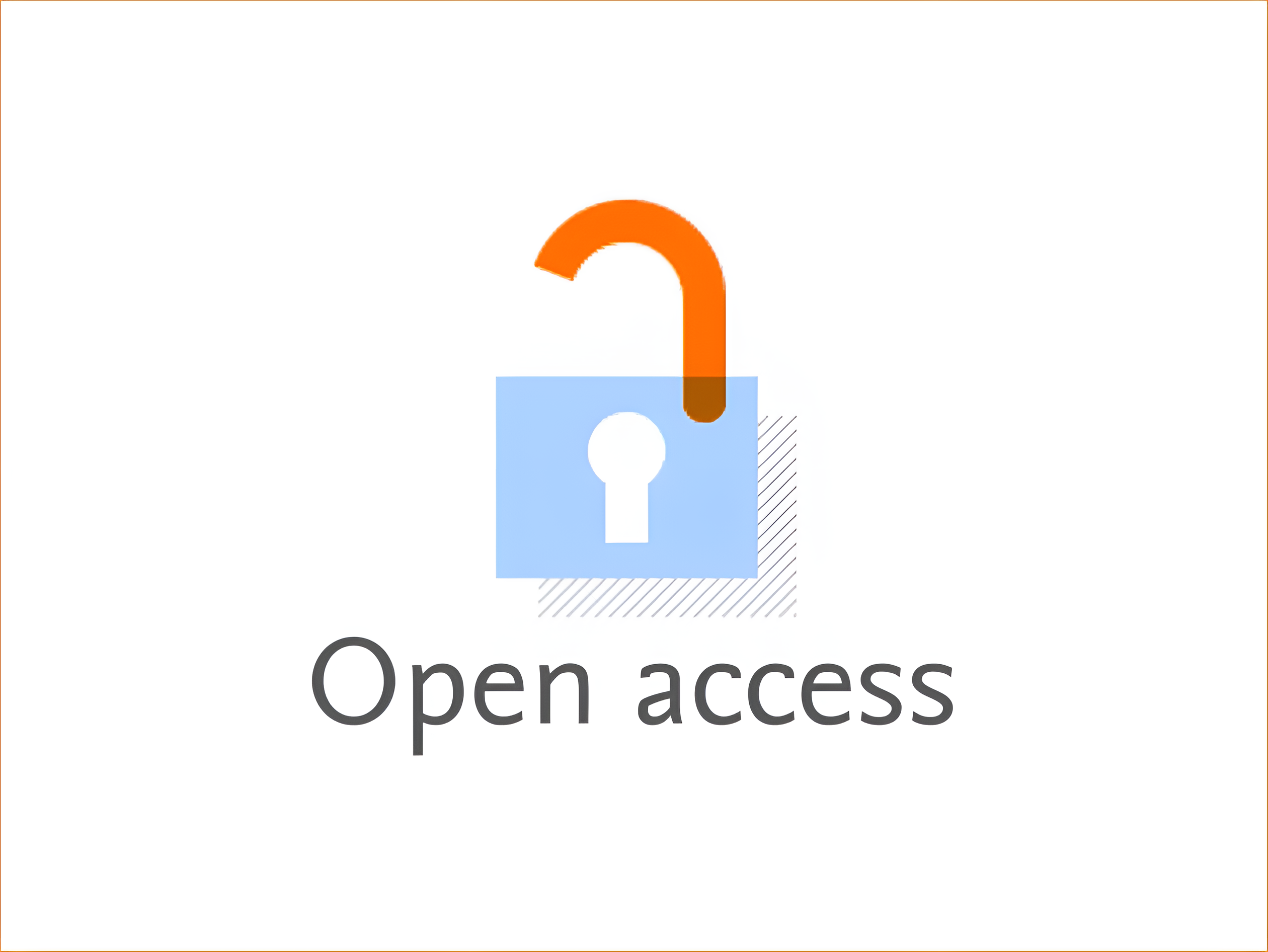A STUDY TO EXPLORE THE PERCEPTIONS OF MULTILITERATE ASSIGNMENTS USING 21ST-CENTURY TECHNOLOGIES AMONG UNIVERSITY STUDENTS AND TEACHERS IN CHINA
Abstract
To become successful in the modern age, learners need to know more than just the facts; they need to know how to apply that knowledge. The introduction of the Common Core State Standards has placed an emphasis on educational methodology that aims to adequately educate students for their futures in university or careers in the secondary classroom. In this thesis, the author details research that looked at how university English instructors and students felt about using multiliterate projects to educate students 21st century abilities. The justifications, key terms, methods, findings, and conclusions of the research are all laid forth in this thesis. The goals of this study were to examine the following: the extent to which students' and instructors' perceptions of the use of 21st-century skills in multiliterate assignments reflect reality; the presence or absence of such skills in such assignments; and the consequences of students' and instructors' perceptions of the use of such skills on their understanding of course material. The purpose of this qualitative research is to examine whether educators and students perceive that multiliterate tasks promote the development of abilities necessary for success in the modern world. Teachers and students alike have shown via surveys and self-reflection that multiliterate tasks help students use the four primary 21st-century skills necessary for success in further education, the workplace, and life. Students' readiness for the world beyond university may be enhanced with the use of multiliterate tasks in English classes, according to this study.






